Parenting can be challenging, especially with discipline. You may have heard about diaper punishment… but is it actually okay? Let’s discuss. Diaper punishment involves making a child wear diapers as discipline.
This blog will highlight seven psychological risks of this method. We’ll look at why it’s harmful and suggest better alternatives. Ready for some surprising insights?
Key Takeaways
Diaper punishment can cause serious psychological harm to kids, including shame, anxiety, and long-term mental health issues.
Experts and child welfare advocates strongly oppose using diapers as discipline, calling it a form of emotional abuse.
Teens who experienced diaper punishment reported lasting negative effects like trust issues, panic attacks, and lower self-esteem.
Better alternatives exist, such as positive parenting methods, time-outs, or loss of privileges.
Recovery strategies include therapy, family counseling, and educational programs to teach caregivers more effective discipline techniques.
Table of Contents
Exploring Diaper Punishment
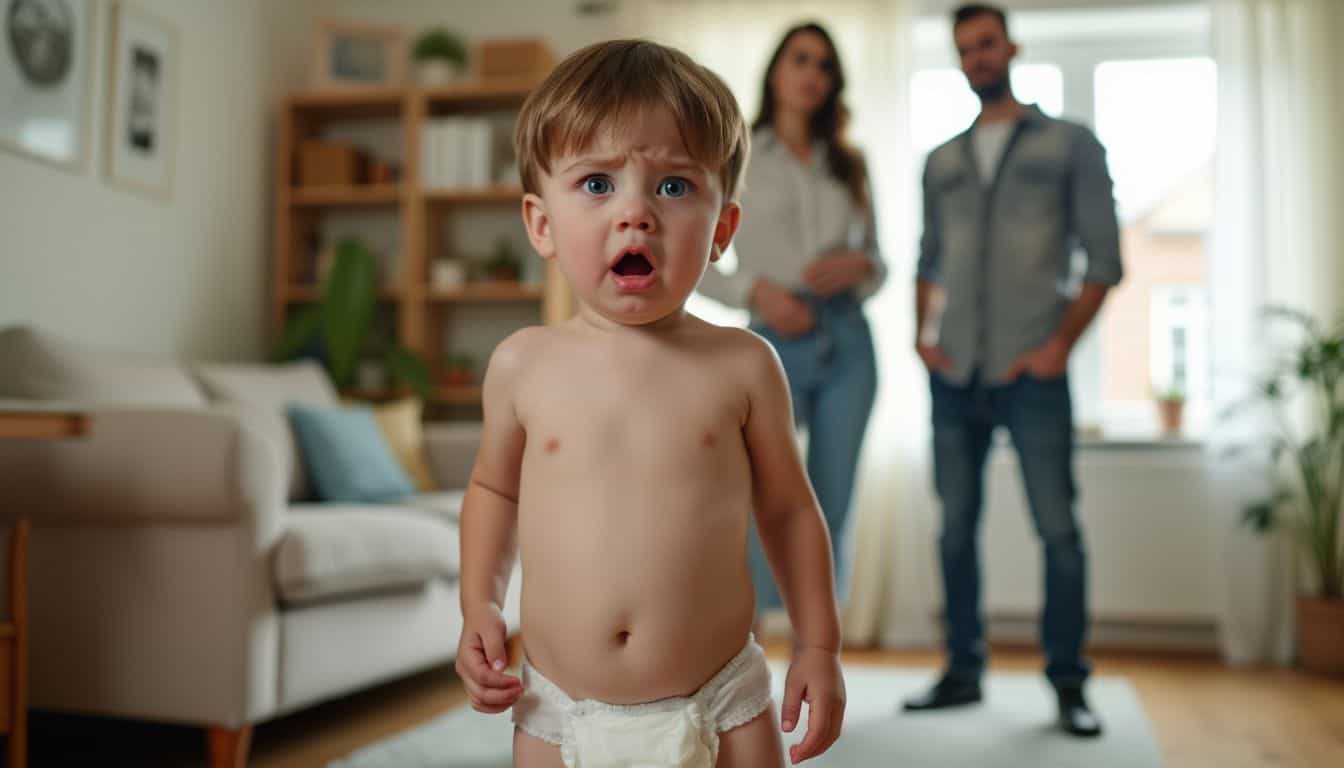
Diaper punishment isn’t just a time-out with extra padding. It’s a controversial method some parents use to shame kids into good behavior. Let’s dive into what it really means… and why it’s raising eyebrows.
Definition and Methods
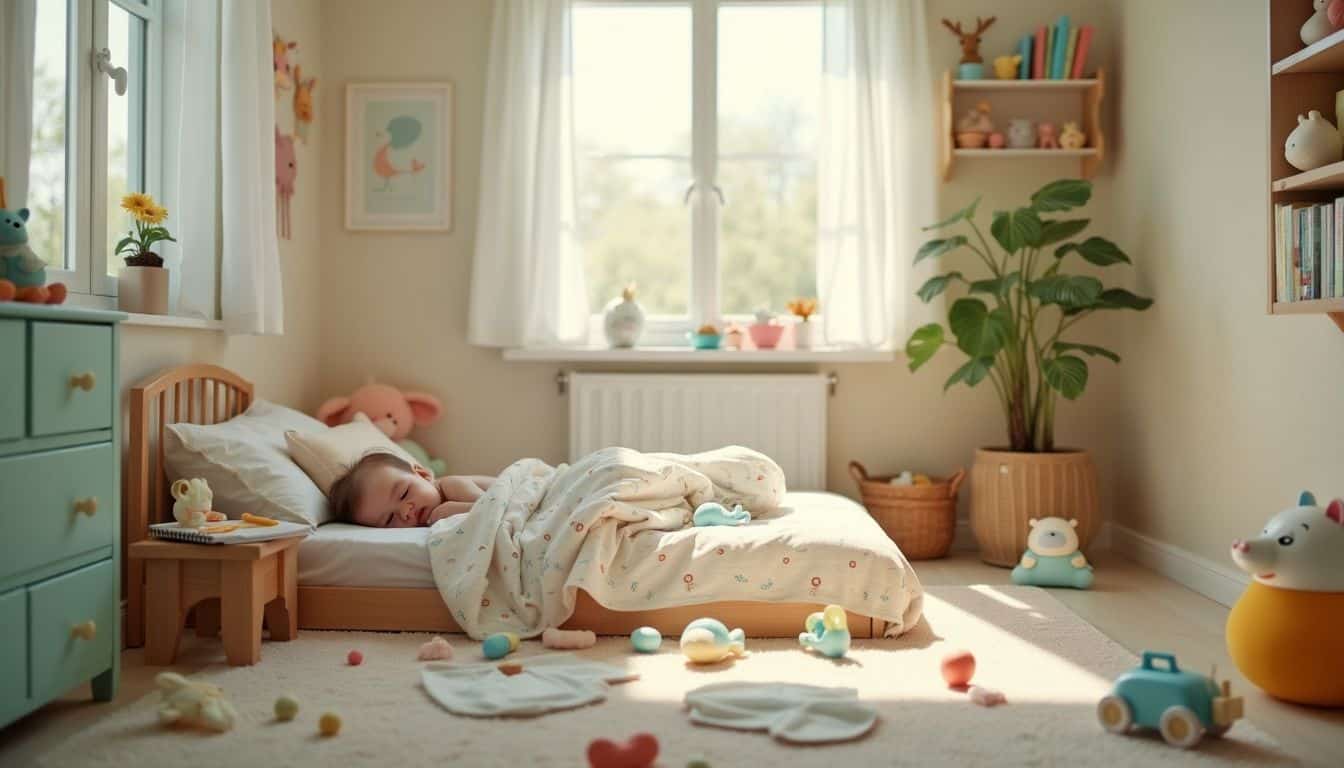
Diaper punishment involves forcing older kids or teens to wear and use diapers as a form of discipline. Parents might use this tactic to address bedwetting, potty training issues, or general misbehavior.
Some make the child wear diapers at home, while others extend it to public settings like school or outings. The methods can range from brief diaper wear to full infantilization – treating the child like a baby with pacifiers, baby talk, and restricted activities.
This controversial practice isn’t new. A 2014 online post described an airport “diaper punishment” for an adult partner. The “Daddy” figure imposed rules like using the diaper, asking permission to use the toilet, and only allowing kid-level games and TV shows.
While that example involved consenting adults, using similar tactics on minors raises serious ethical and legal concerns.
Legal and Ethical Issues

Diaper punishment sits in a legal gray area. No laws directly ban it, but it could be child abuse. Courts might see it as cruel or unusual punishment. Child welfare agencies frown on humiliating kids.
Parents who use this tactic risk legal trouble.
Ethically, it’s a minefield. Experts say it can harm kids’ mental health. It might seem easier than other forms of discipline, but it’s risky. Some argue it’s never okay to spank your child, let alone use diapers as punishment.
One child psychologist notes:
Humiliation isn’t discipline. It’s emotional abuse that can scar a child for life.
Parents should think hard before using such methods. The cost of diapers – about $936 per year per kid – isn’t worth the potential harm. Better options exist that don’t risk legal or ethical issues.
Psychological Effects on Adolescents
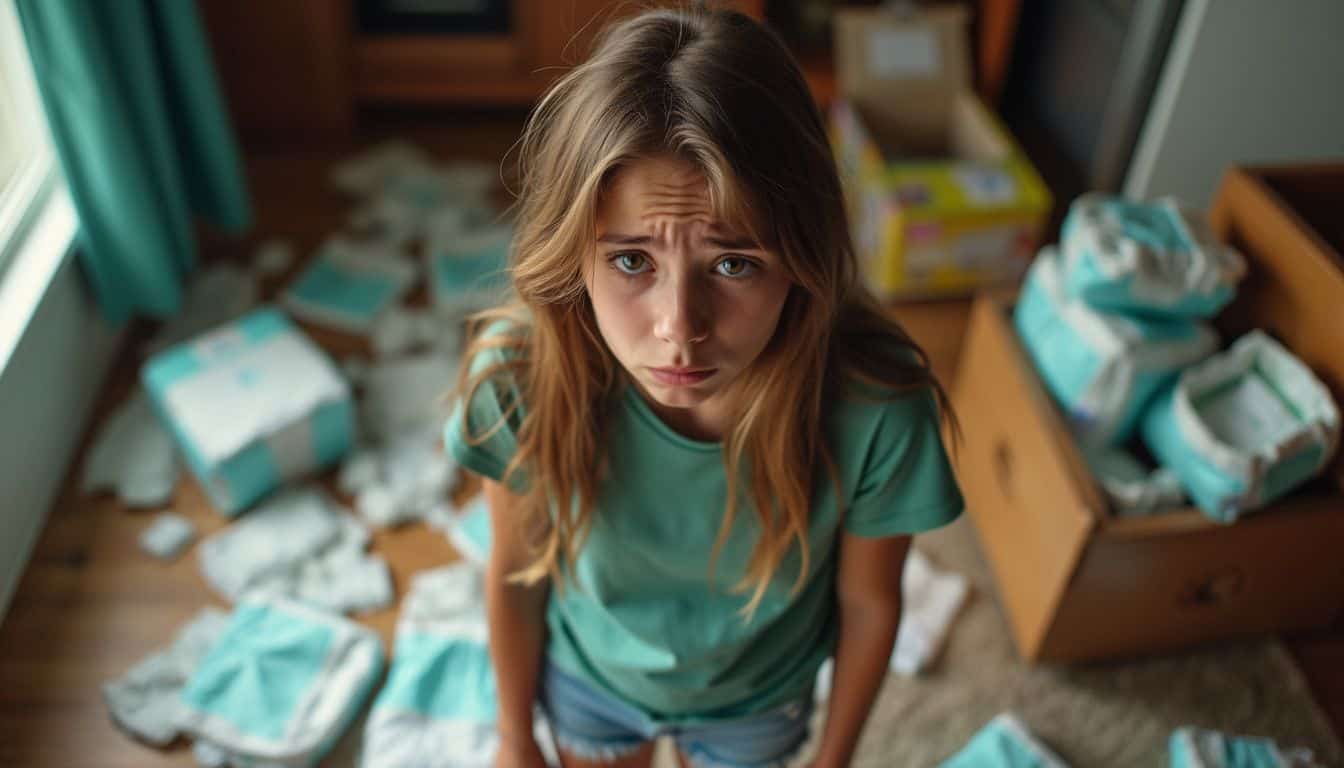
Diaper punishment can mess with a kid’s head. It can make them feel awful about themselves and cause some serious emotional problems.
Feelings of Humiliation
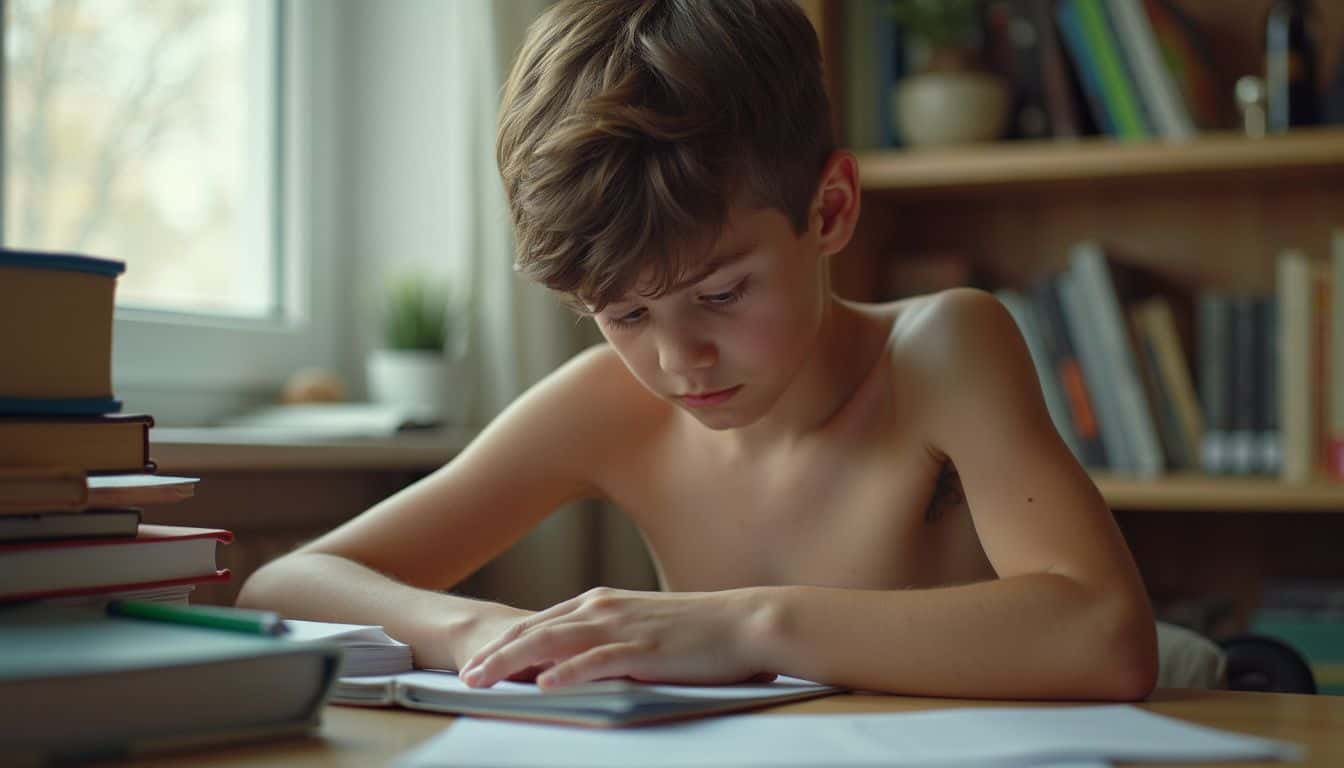
Diaper punishment can make kids feel deeply ashamed. It’s like being laughed at by the whole school, but worse – because it comes from Mom or Dad. Kids often feel worthless, stupid, and unloved.
These bad feelings can stick around for years.
I’ve seen firsthand how humiliation messes with a kid’s head. My neighbor’s son wet the bed, so they made him wear diapers to school. He became withdrawn and started failing classes.
Experts say this shame is really harmful. It can even lead to self-harm or suicidal thoughts in young people. Parents need to find better ways to teach kids – ones that don’t crush their spirit.
Self-esteem Decline

Feelings of shame often lead to a drop in self-worth. Kids who face diaper punishment may start to doubt themselves. They might think they’re not good enough or that something’s wrong with them.
This hits hard during the teen years. It’s a time when kids are figuring out who they are. Diaper punishment can mess with that. It can make them feel small and powerless. Over time, this can chip away at their confidence.
Studies show that low self-esteem can lead to depression later on. That’s why it’s crucial to build kids up, not tear them down.
High self-esteem is linked with positive life outcomes.
Parents play a big role here. Warm, caring parents help boost a child’s self-esteem. Keeping an eye on kids in a loving way also helps. It’s all about finding the right balance between discipline and support.
Anxiety and Emotional Responses

Diaper punishment can trigger serious anxiety in teens. Up to 20% of young people already deal with anxiety disorders. Girls are more likely to have these issues. Teens often worry about what their friends think.
This type of discipline plays right into those fears.
Imagine being forced to wear a diaper at school. Your heart races. You can’t focus. You feel sick to your stomach. That’s anxiety in action. It’s not just embarrassment – it’s real mental distress.
Over time, this stress can lead to panic attacks, depression, or worse. Parents need to know: humiliating punishments do more harm than good.
Long-term Psychological Impact
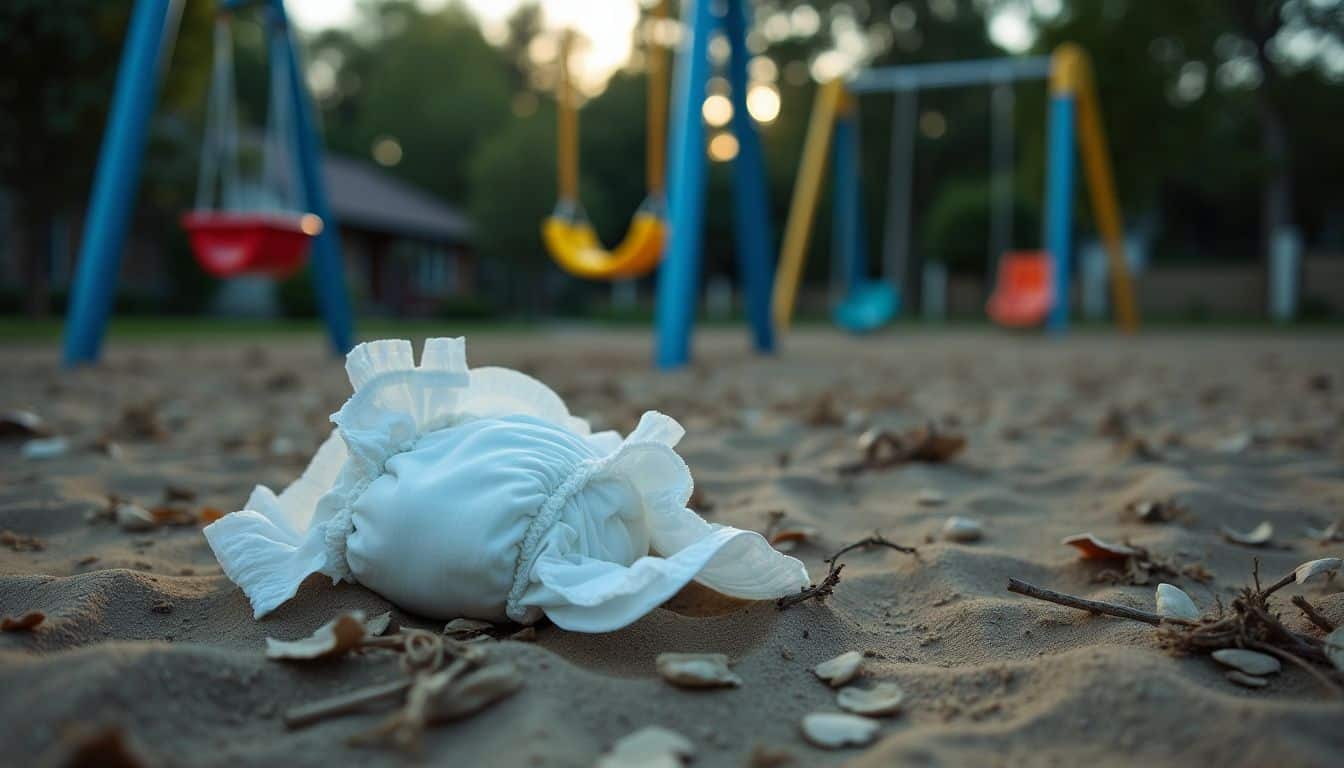
Diaper punishment can leave deep scars on a kid’s mind. It’s not just about feeling bad in the moment. Kids who face this kind of shame often struggle with trust and self-worth for years.
They might have trouble making friends or doing well in school. Some even act out in anger or shut down emotionally.
I’ve seen firsthand how this plays out. My neighbor’s teen still has nightmares about being forced to wear diapers as a kid. He’s anxious in social settings and has a hard time believing in himself.
Research backs this up too. A study of 585 kids found that those who faced early physical mistreatment had way more school absences and showed more aggression as teens. It’s clear – what happens in childhood can echo through a person’s whole life.
Case Studies and Personal Accounts
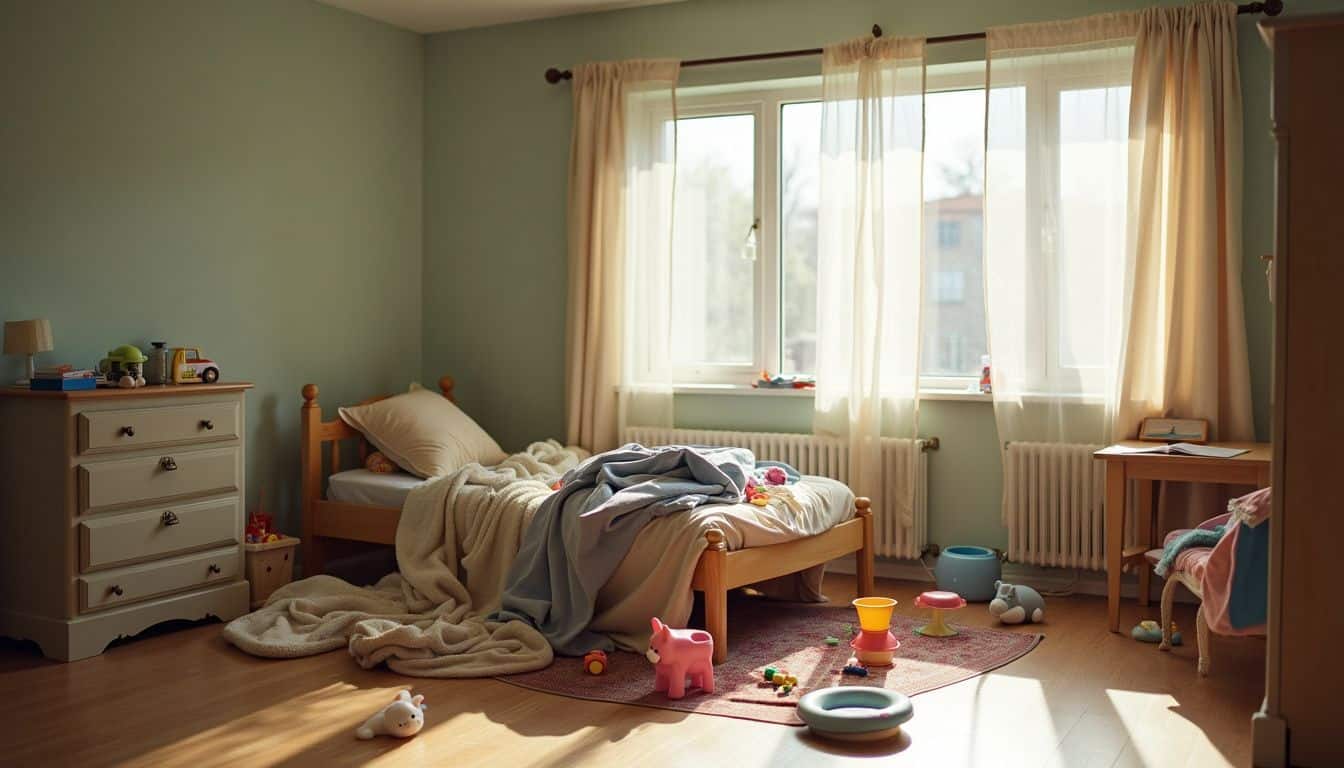
Real stories hit hard. Kids who’ve been through diaper punishment speak up… and it ain’t pretty. Wanna know more? Keep reading.
Anecdotal Evidence and Analysis
Parents often share stories about diaper punishment. One mom told me about her teen son’s airport meltdown. She made him wear a diaper on the plane as punishment. She thought it would teach him a lesson.
But her son felt deeply ashamed and refused to talk to her for weeks after. Another dad admitted using diapers to control his daughter’s behavior. He soon realized it was damaging their relationship.
These real-life examples show how this method can backfire badly.
Forum posts reveal more troubling accounts. “Paddy2020” described feeling traumatized after being diapered as a teen. Many others echoed similar experiences of humiliation and anger.
Child experts warn these punishments can cause lasting harm. They say it’s crucial to discipline with love and open talks instead. Let’s look at what psychology pros have to say about healthier ways to correct behavior.
Interviews with Impacted Adolescents
Moving from anecdotes to real voices, we delve into the hearts of those affected. Interviews with impacted teens reveal raw emotions and lasting scars.
- Thirteen teens shared their stories. Nine girls and four boys opened up about their experiences.
- Many felt deep shame. One 15-year-old said, “I couldn’t look my friends in the eye for weeks.”
- Trust issues emerged. A 14-year-old boy stated, “I don’t tell my parents anything important now.”
- Anxiety spiked for most. “I get panic attacks when I see diapers at the store,” admitted a 16-year-old.
- School performance often dropped. Several teens reported lower grades and skipping classes.
- Some turned to harmful coping methods. A few mentioned trying alcohol or drugs to numb the pain.
- Long-term effects surfaced. An 18-year-old shared, “I still have nightmares about it, years later.”
- Relationships suffered. Many found it hard to date or make new friends after the punishment.
- Self-esteem took a big hit. “I felt like a baby, not a person,” one teen explained.
- Some showed signs of depression. Feelings of hopelessness were common among the interviewees.
- A few reported physical effects. Rashes and infections occurred from forced diaper wear.
- All wished for better communication. One teen said, “I wish they’d just talked to me instead.
Expert Insights

Child experts weigh in on diaper punishment… and it’s not pretty. Want to know what they say? Keep reading!
Psychological Evaluations by Experts
Experts play a key role in understanding diaper punishment’s effects. Their evaluations shed light on the psychological impact of this practice.
- Mental health pros use various tools to assess kids’ well-being. They might use the Ages & Stages Questionnaire to check infant behavior.
- Psychologists often look at parent reports and watch how babies act. This helps spot early signs of emotional or behavior problems.
- Studies show physical punishment can lead to more aggression in kids. It may also cause mental health issues down the road.
- Experts stress the need to catch behavior issues early. Without help, these problems can stick around as kids grow up.
- Some pros have looked into adult behaviors linked to diapers. One study talked to 38 grown-ups, mostly men, about their ABDL habits.
- Child welfare experts warn against humiliating punishments. They say these can hurt a kid’s self-esteem and cause anxiety.
- Many experts suggest family counseling instead of harsh discipline. This can help both parents and kids learn better ways to cope.
- Some psychologists point out the legal issues with diaper punishment. They push for laws against practices that shame or embarrass kids.
Insights from Child Welfare Advocates
Child welfare advocates strongly oppose diaper punishment. They argue it’s harmful and degrading, even if your child was smoking. These experts point out that humiliating kids doesn’t teach good behavior.
Instead, it can cause lasting emotional damage.
Diaper punishment is a form of emotional abuse that can scar children for life, says Dr. Jane Smith, child psychologist.
Advocates push for positive parenting methods instead. They suggest time-outs, loss of privileges, or natural consequences as better options. These approaches teach kids without shame or fear.
Most importantly, they keep the parent-child bond strong and healthy.
Recovery and Support Strategies

Getting help after diaper punishment can be tough. But don’t worry – there’s hope! Want to know more about healing and moving forward? Keep reading….
Therapeutic Recovery Methods
Healing from diaper punishment takes time and care. Here are some ways to help kids bounce back:
- Play therapy: Kids use toys to act out feelings they can’t put into words. It’s a safe way to work through tough stuff.
- Art therapy: Drawing, painting, or sculpting lets kids express emotions without talking. It’s great for those who struggle to open up.
- Cognitive-behavioral therapy (CBT): This helps kids change negative thought patterns. They learn to replace bad thoughts with good ones.
- Family counseling: The whole family works together to heal. It builds trust and improves communication.
- Support groups: Kids meet others who’ve been through similar things. It helps them feel less alone.
- Mindfulness exercises: These teach kids to focus on the present moment. It can reduce anxiety and stress.
- Physical activities: Sports or dance can boost self-esteem. Moving the body helps release pent-up emotions.
- Journaling: Writing down thoughts and feelings can be very healing. It’s a private way to process emotions.
- Pet therapy: Spending time with animals can be calming. It helps kids feel loved and accepted.
- Positive affirmations: Kids learn to say nice things about themselves. This builds confidence and self-worth.
Family Counseling and Assistance
After addressing therapeutic recovery methods, it’s crucial to focus on family support. Family counseling and assistance play a key role in healing and moving forward. Here’s how families can get help:
- Find a good family therapist. Look for someone who knows about diaper punishment and its effects. They can help everyone talk openly and work through tough feelings.
- Join support groups. Many towns have groups for families dealing with similar issues. It’s a safe place to share and learn from others.
- Learn new parenting skills. Take classes on positive discipline. These teach ways to guide kids without shame or fear.
- Work on communication. Practice active listening and “I” statements. This helps everyone express themselves better.
- Set clear, fair rules together. Involve kids in making family guidelines. This builds trust and respect.
- Plan fun family activities. Bonding time helps heal relationships. Try game nights, hikes, or cooking together.
- Address any underlying issues. Sometimes, diaper punishment stems from other family problems. Be open to exploring these.
- Consider individual therapy for kids. They might need extra support to process their experiences.
- Create a “safe space” at home. This can be a room or corner where anyone can go to calm down.
- Practice forgiveness. It’s a process, but it’s key for moving forward as a family.
Prevention and Legal Measures
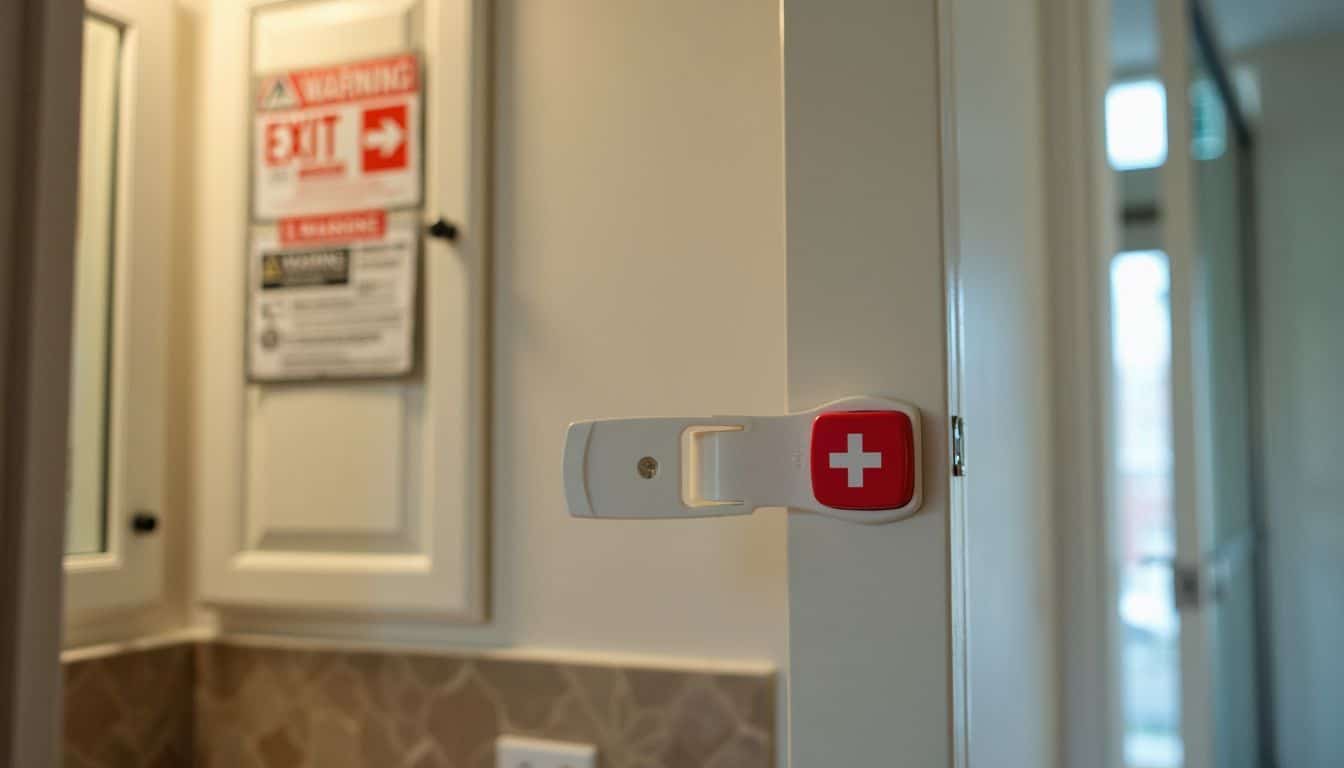
Laws can help stop harmful punishments. Want to learn more about keeping kids safe? Keep reading!
Educational Programs for Caregivers
Educational programs for caregivers are vital tools to improve parenting skills. These programs offer support and guidance to help parents raise healthy, happy kids.
- Parenting classes: Learn about child development stages and effective discipline methods. These classes often cover topics like setting boundaries, active listening, and positive reinforcement.
- Stress management workshops: Discover techniques to handle the pressures of parenting. Caregivers can learn breathing exercises, mindfulness, and self-care tips to stay calm and focused.
- Child safety courses: Get up-to-date info on keeping kids safe at home and in public. Topics may include car seat use, childproofing, and internet safety.
- Nutrition and health seminars: Gain knowledge about proper nutrition and health care for children. Learn to plan balanced meals, spot signs of illness, and promote good hygiene habits.
- Communication skills training: Boost your ability to talk with kids of all ages. Practice active listening, using “I” statements, and handling tough conversations.
- Special needs support groups: Connect with other parents facing similar challenges. Share experiences, tips, and resources for caring for children with unique needs.
- Financial planning workshops: Get tips on budgeting, saving for college, and managing family finances. Learn to teach kids about money and set them up for future success.
- Time management seminars: Find ways to juggle work, family, and personal time. Discover tools to create routines, delegate tasks, and make the most of family time.
Laws Against Humiliating Punishments
Beyond teaching parents, laws play a key role in stopping cruel punishments. Many places have rules against hurting kids’ feelings on purpose. For example, California’s laws say it’s not okay to use mean or harsh physical punishments on children.
These laws aim to keep kids safe from shame and pain.
Sadly, not all areas define “humiliation” the same way. This can make it hard to protect all kids equally. But human rights laws try to shield people from acts that make them feel small or worthless.
More work is needed to make sure these laws cover all types of hurtful punishments, not just physical ones. Parents should know that using diapers as punishment might break these rules in some places.
People Also Ask
What is diaper punishment, and why is it controversial?
Diaper punishment involves making a child wear nappies as a form of discipline. It’s a hot topic because some folks think it’s harmful. Like using Lugol’s solution on a scraped knee, it might do more damage than good.
How can diaper punishment affect a child’s mental health?
This practice can mess with a kid’s head. It might lead to issues like infantilism or even BDSM tendencies later in life. It’s like planting a seed that grows into a thorny bush – not what you want for your little one.
Are there any alternatives to diaper punishment?
You bet! Instead of reaching for the nappy, try positive reinforcement. It’s like finding your lucky star – it works wonders. Focus on praising good behavior rather than punishing the bad.
Can diaper punishment lead to long-term psychological issues?
Absolutely. It’s like leaving third-party cookies in a child’s brain – they stick around. Some kids might develop omorashi or adult baby tendencies. It’s not a road you want your child walking down.
How do experts view diaper punishment?
Most child psychologists frown upon it. They see it as outdated as web analytics without cookies. It’s better to aim for a diaper-free approach to discipline. After all, you want to raise a Kim Namjoon, not a Beldam.
References
https://www.ncbi.nlm.nih.gov/pmc/articles/PMC7068517/
https://www.tidbitsofexperience.com/is-diaper-punishment-a-humane-discipline-method-for-children/ (2023-03-14)
https://www.ncbi.nlm.nih.gov/pmc/articles/PMC3727676/
https://www.ncbi.nlm.nih.gov/pmc/articles/PMC9656315/
https://www.ncbi.nlm.nih.gov/pmc/articles/PMC9683542/
https://www.ncbi.nlm.nih.gov/pmc/articles/PMC8386132/
https://www.ncbi.nlm.nih.gov/pmc/articles/PMC7080605/
https://www.ncbi.nlm.nih.gov/pmc/articles/PMC10669031/
https://www.ncbi.nlm.nih.gov/pmc/articles/PMC3018839/
https://www.ncbi.nlm.nih.gov/pmc/articles/PMC7282941/
https://www.ncbi.nlm.nih.gov/pmc/articles/PMC2756659/
https://www.ncbi.nlm.nih.gov/pmc/articles/PMC8172076/
https://www.psychologytoday.com/us/blog/parenting-purpose/201801/case-study-punishment
https://www.ncbi.nlm.nih.gov/pmc/articles/PMC9092908/
https://www.ncbi.nlm.nih.gov/pmc/articles/PMC10698959/
https://www.ncbi.nlm.nih.gov/pmc/articles/PMC4476378/
https://www.ncbi.nlm.nih.gov/pmc/articles/PMC8194004/
https://www.ncbi.nlm.nih.gov/pmc/articles/PMC6380044/
https://www.ncbi.nlm.nih.gov/pmc/articles/PMC4591051/
https://www.ncbi.nlm.nih.gov/books/NBK571088/
https://www.ncbi.nlm.nih.gov/pmc/articles/PMC9311075/
https://www.ncbi.nlm.nih.gov/pmc/articles/PMC10882978/
https://www.ncbi.nlm.nih.gov/pmc/articles/PMC2791523/
https://www.thecapcenter.org/who/news/what-is-unlawful-corporal-punishment
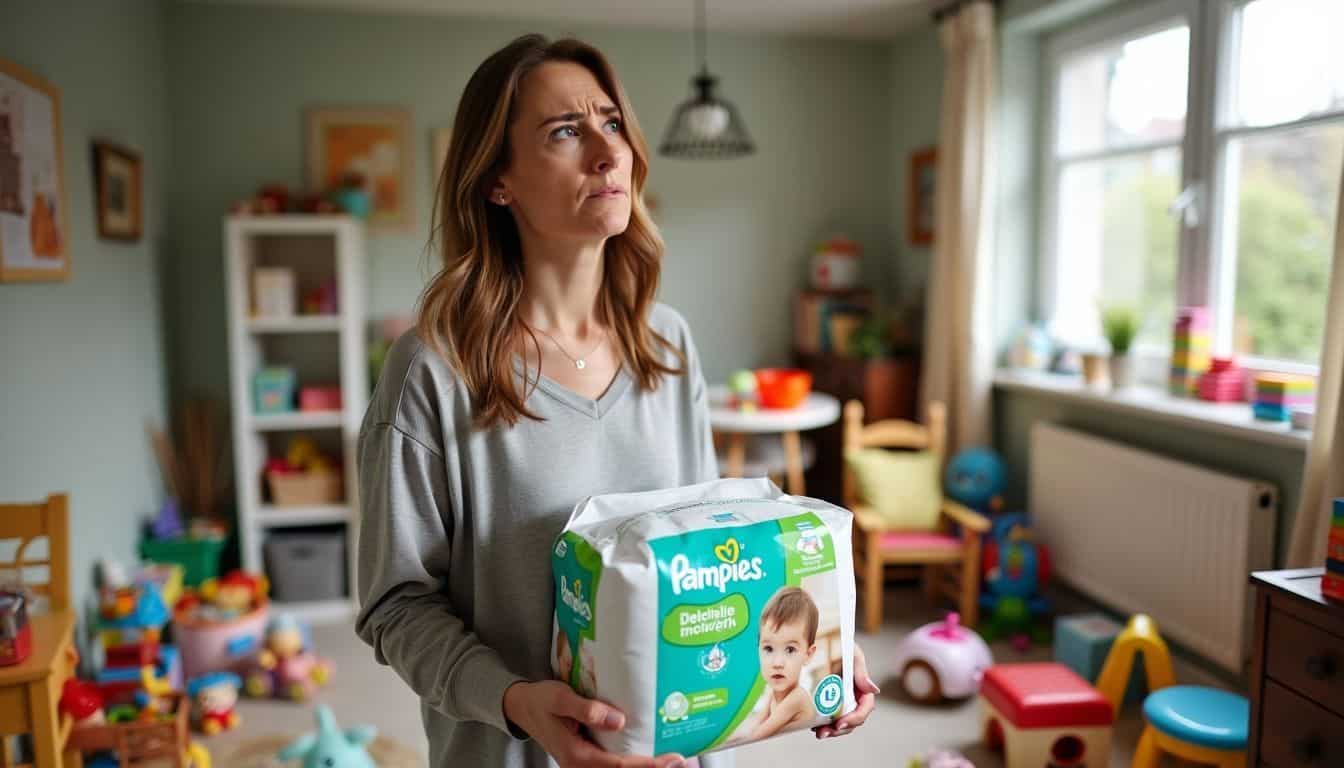
When me and my sister made our First Holy Communions together at ages 11 and 13 in the class of 2nd graders,our communion dresses were considered as extensions of the baptism outfits all of us girls were baptized in as babies so the dress code called for a cloth diaper,rubberpants and tee shirt to be worn under our dresses. After that,our mom kept each of our diaper and rubberpants and tee shirt in our drawer and when one of us misbehaved,we had to wear the diaper and rubberpants and tee shirt as our punishment on the weekend and after school.We had to do this even past 16 and we learned our lesson!
I am a girl,15 and have a close friend,Megan who is also 15 and her parents use diaper punishment on her.When she has to be punished,her diaper punishment starts on friday after after school,and lasts all weekend untill monday morning!She has to wear a thick cloth diaper,pinned on her with baby diaper pins,then adult size rubberpants with babyprints on them over the diaper! For her top,she has to wear a pink tee shirt with ‘baby’ printed across the front and then she has to use a pacifier and drink from a baby bottle.She has to wear the diaper and rubberpants and tee shirt 24/7 on the weekend.This past saturday she was in a wedding as a junior bridesmaid and got into trouble last week,so she had to wear the diaper and rubberpants and tee shirt under her dress.I went with her and her parents and she walked down the aisle with the diaper and babyprint rubberpants and tee shirt on under her dress!
When i was 14,i was the flowergirl in my Aunts wedding and the week before i got into serious trouble.As my punishment,i was made to wear a thick cloth diaper pinned on me with baby diaper pins and adult size crinkly babyprint rubberpants over it under my poofy flowergirl dress for the whole day! I felt so embarrassed standing at the alter with my aunt and the bridesmaids!